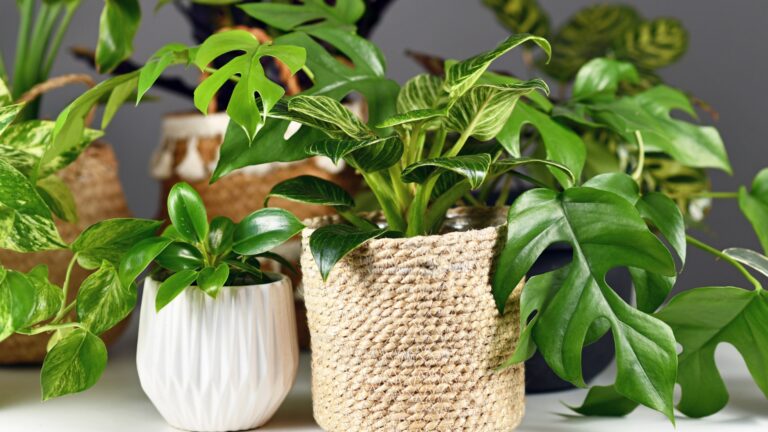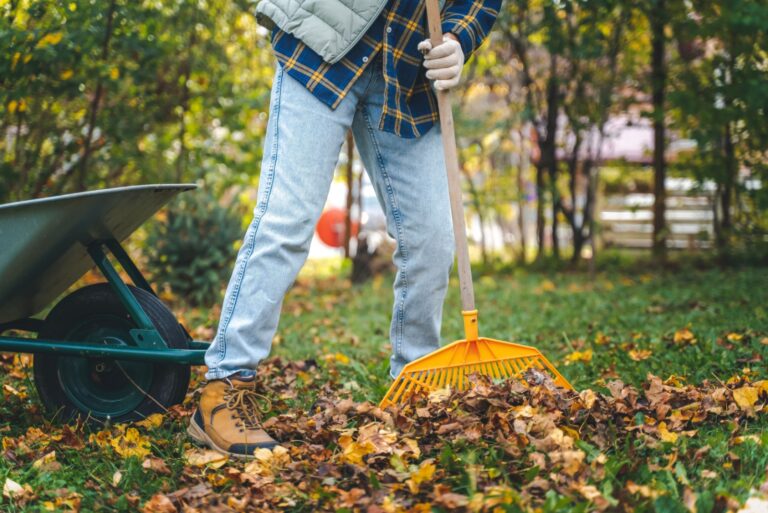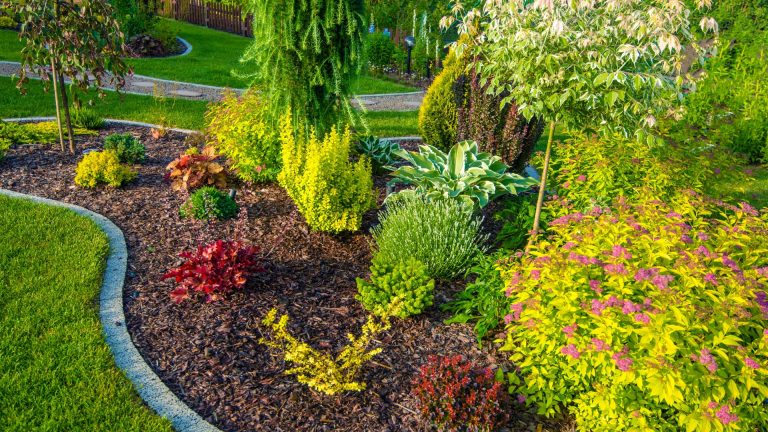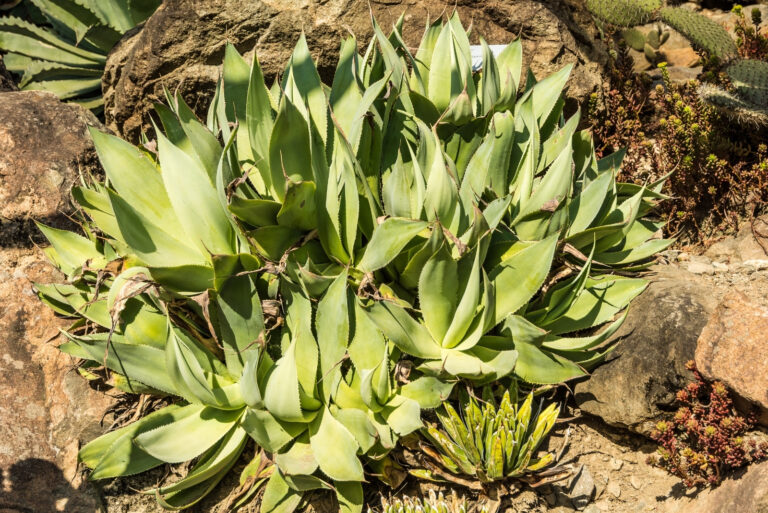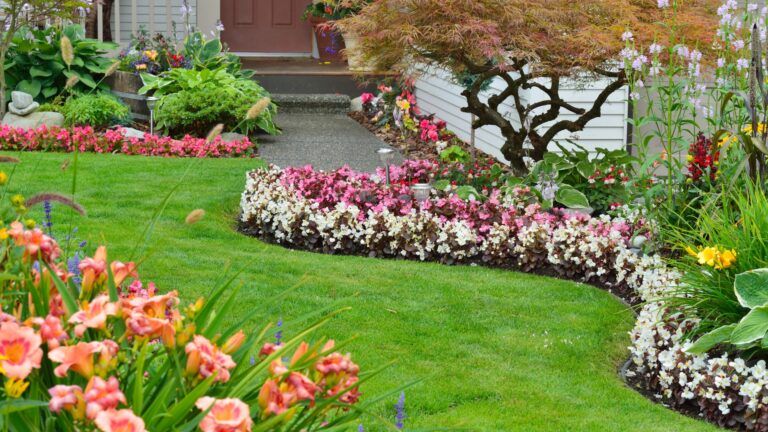10 Winter Dos And Don’ts For Your Michigan Garden
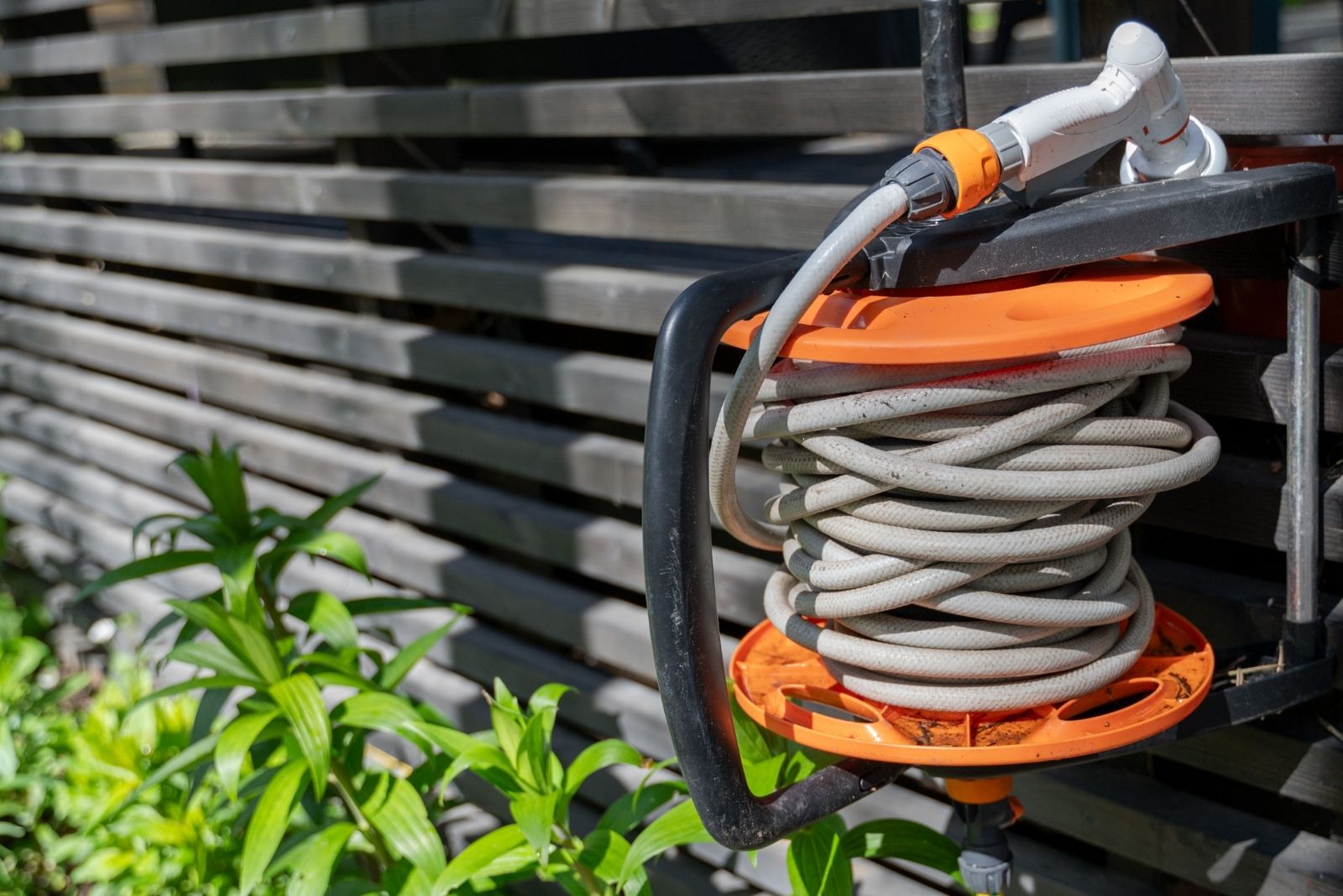
Winter in Michigan can be tough on gardens, with freezing temperatures, heavy snow, and unpredictable weather patterns that challenge even experienced gardeners.
Knowing what to do—and what to avoid—during these cold months can mean the difference between a thriving spring garden and one that struggles to recover.
Whether you’re protecting perennials, preparing soil, or planning ahead, these practical tips will help your Michigan garden survive and flourish when warmer days return.
1. Mulch Your Perennial Beds Before The Ground Freezes
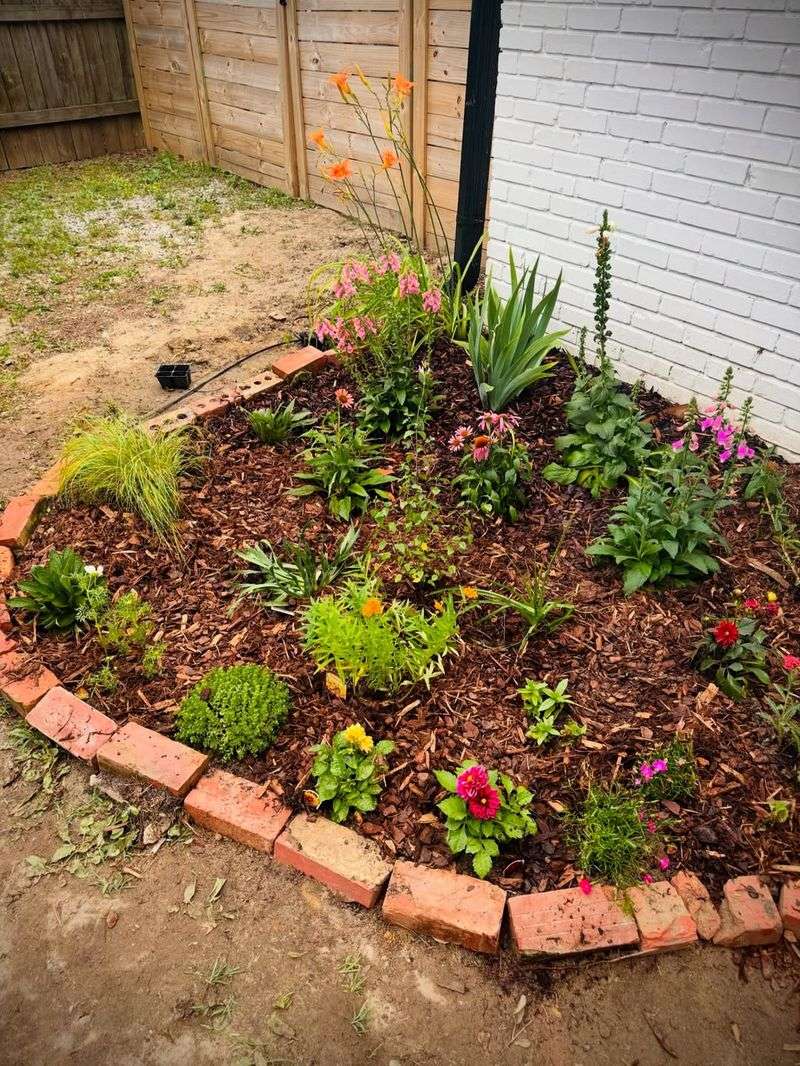
Adding a thick layer of mulch around your perennials offers essential insulation when Michigan’s harsh winter sets in. This protective blanket prevents the freeze-thaw cycles that can heave plants right out of the ground, damaging their root systems.
Apply about three to four inches of organic material like shredded leaves, straw, or wood chips after the first hard frost.
Wait until the ground begins to freeze so you don’t create a cozy home for rodents looking for winter shelter. Your perennials will thank you come spring when they emerge healthy and strong.
2. Prune Trees And Shrubs Too Early In Fall
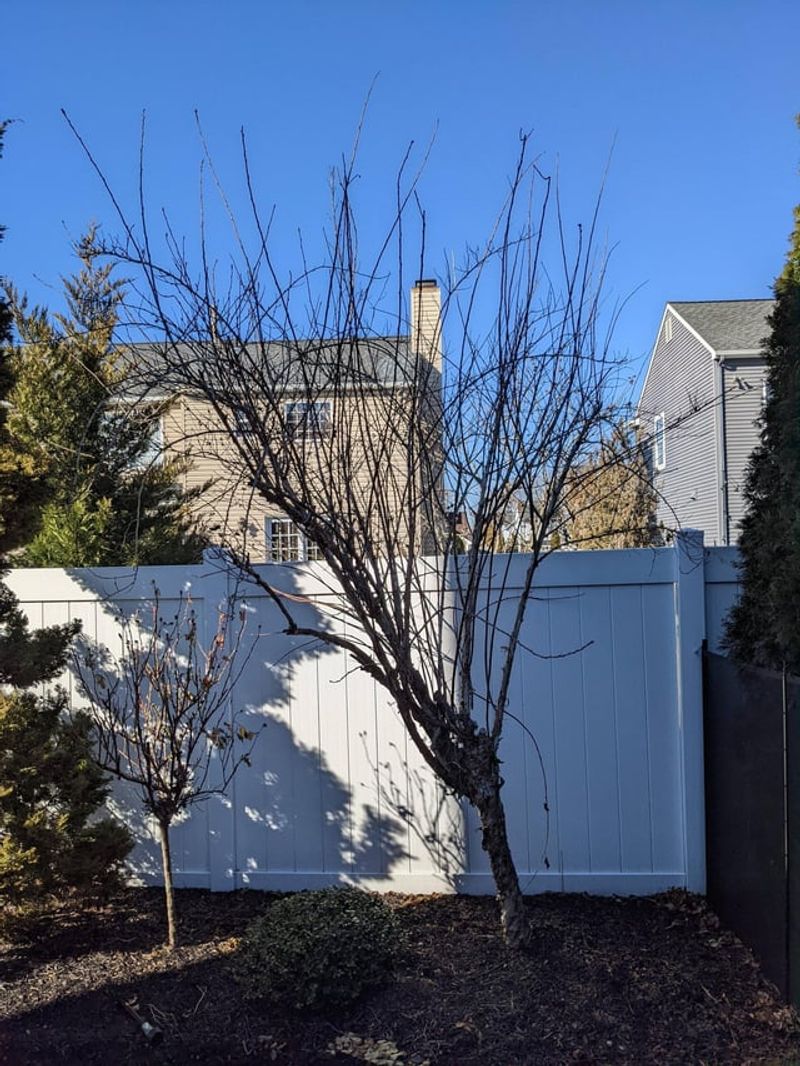
Cutting back trees and shrubs before they’ve fully entered dormancy can stimulate new growth that won’t survive Michigan’s freezing temperatures.
This tender growth becomes vulnerable to cold damage and can weaken the entire plant. Wait until late winter or early spring when the coldest weather has passed but before buds begin to swell. Mid-February through March works well for most Michigan gardeners, depending on your specific location.
Patience with pruning protects your woody plants and ensures they’ll put their energy into strong, healthy growth when the season changes.
3. Water Evergreens Throughout Winter During Dry Spells
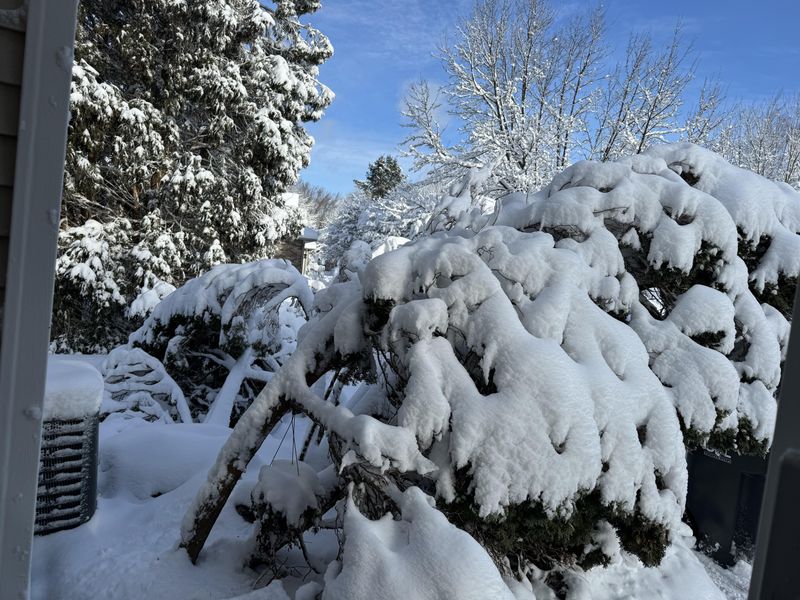
Evergreens continue losing moisture through their needles all winter long, even when the ground is frozen solid. Without adequate water reserves, they can suffer from winter burn, which shows up as brown, dried-out foliage come spring.
On warmer days when temperatures rise above freezing and the ground isn’t rock-hard, give your evergreens a deep watering. This is especially important for newly planted specimens that haven’t established extensive root systems yet.
Michigan’s unpredictable winter weather makes this practice crucial for keeping conifers looking their best year-round.
4. Leave Diseased Plant Material In Garden Beds
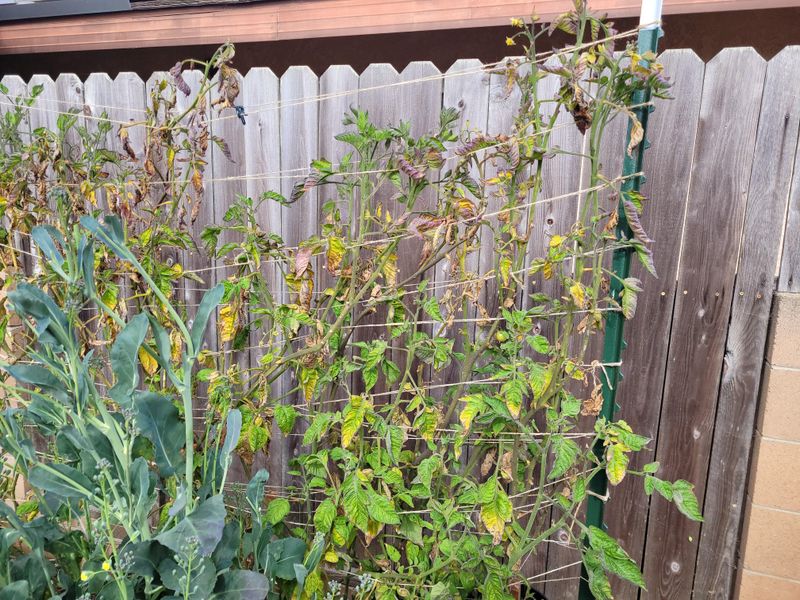
Fungal spores, bacterial infections, and pest eggs love to overwinter in dead plant material left lying around your Michigan garden.
Come spring, these problems will wake up right alongside your plants and cause immediate trouble. Remove any foliage showing signs of disease, mildew, or insect damage before winter truly sets in.
Dispose of this material in the trash rather than your compost pile, where pathogens can survive and spread. Clean garden beds lead to healthier plants and fewer headaches when growing season returns to your yard.
5. Protect Young Trees With Trunk Wraps Or Guards
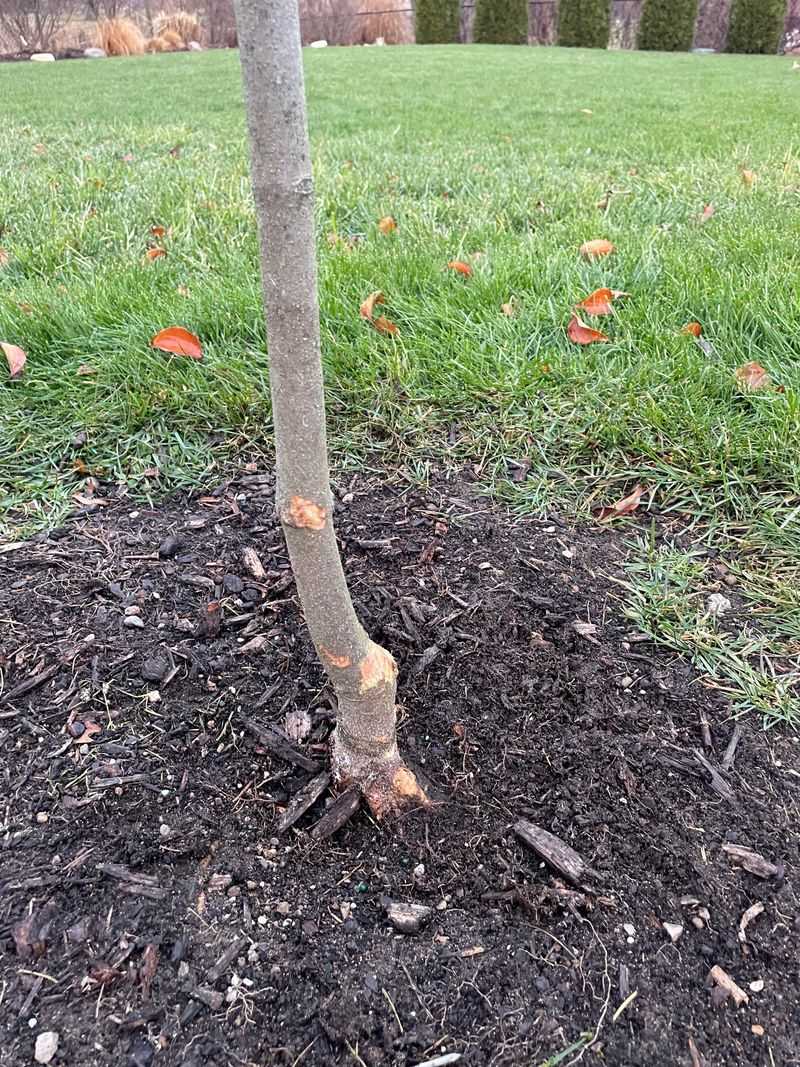
Young trees with thin bark are susceptible to sunscald during Michigan winters, when bright sun reflects off snow and warms the trunk during the day, only to have temperatures plummet at night.
This causes the bark to crack and split. Wrap trunks with commercial tree wrap or install plastic guards from the base up to the lowest branches.
These barriers also deter hungry rabbits and voles from gnawing on tender bark when food becomes scarce. Remove wraps in early spring to prevent moisture buildup and pest problems underneath.
6. Forget To Drain And Store Garden Hoses And Irrigation Systems
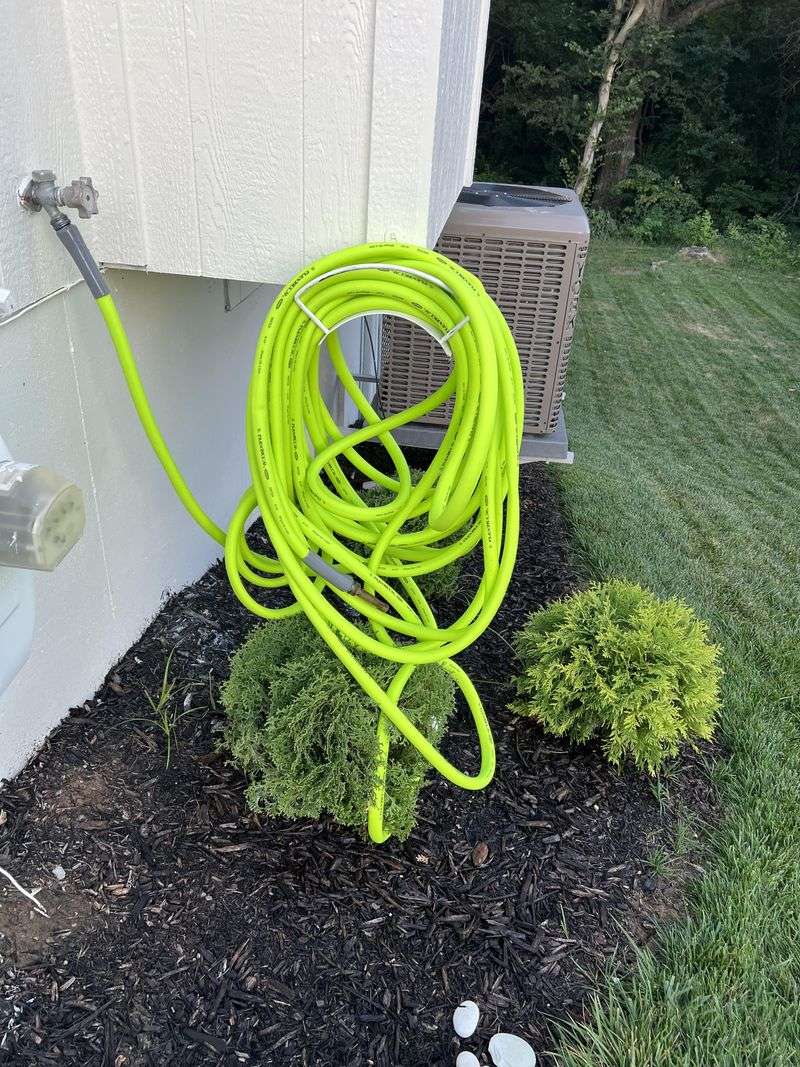
Water left inside hoses, sprinklers, and irrigation lines will freeze solid when Michigan temperatures drop, causing cracks and splits that ruin your equipment. Replacing these items gets expensive quickly, and the damage is completely preventable.
Disconnect all hoses from outdoor faucets, drain them completely, and store them in a garage or shed. Blow out underground irrigation systems or hire a professional to do it properly.
Taking these simple steps in autumn saves you money and frustration when you’re ready to water again next spring.
7. Add Compost To Empty Garden Beds
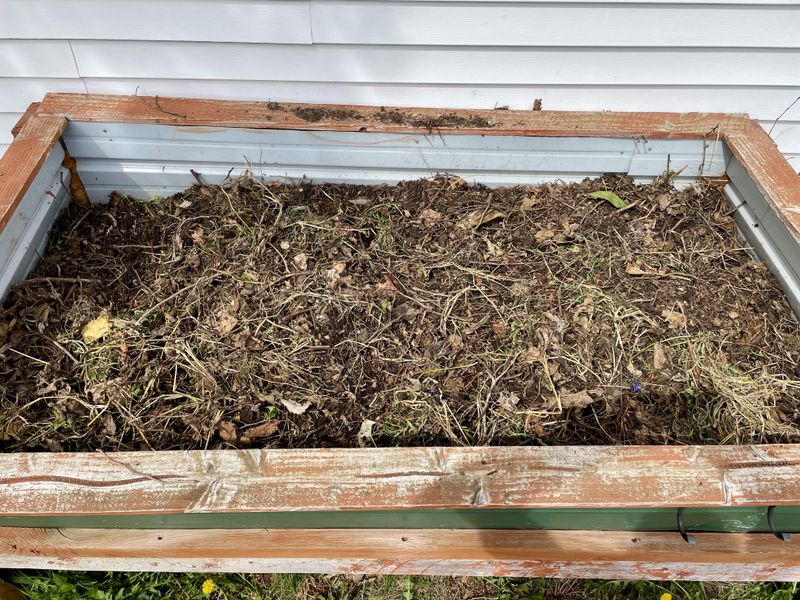
Spreading a generous layer of finished compost over empty vegetable beds or annual gardens gives soil microorganisms something to work on all winter long. By spring, much of that organic matter will have broken down and enriched your Michigan soil beautifully.
Apply two to three inches of compost after you’ve cleared out spent plants but before the ground freezes completely.
This technique improves soil structure, increases nutrient content, and enhances water retention for next season’s crops. Your garden beds will be ready to plant without additional amendments when warm weather finally arrives.
8. Walk On Frozen Or Snow-Covered Lawns
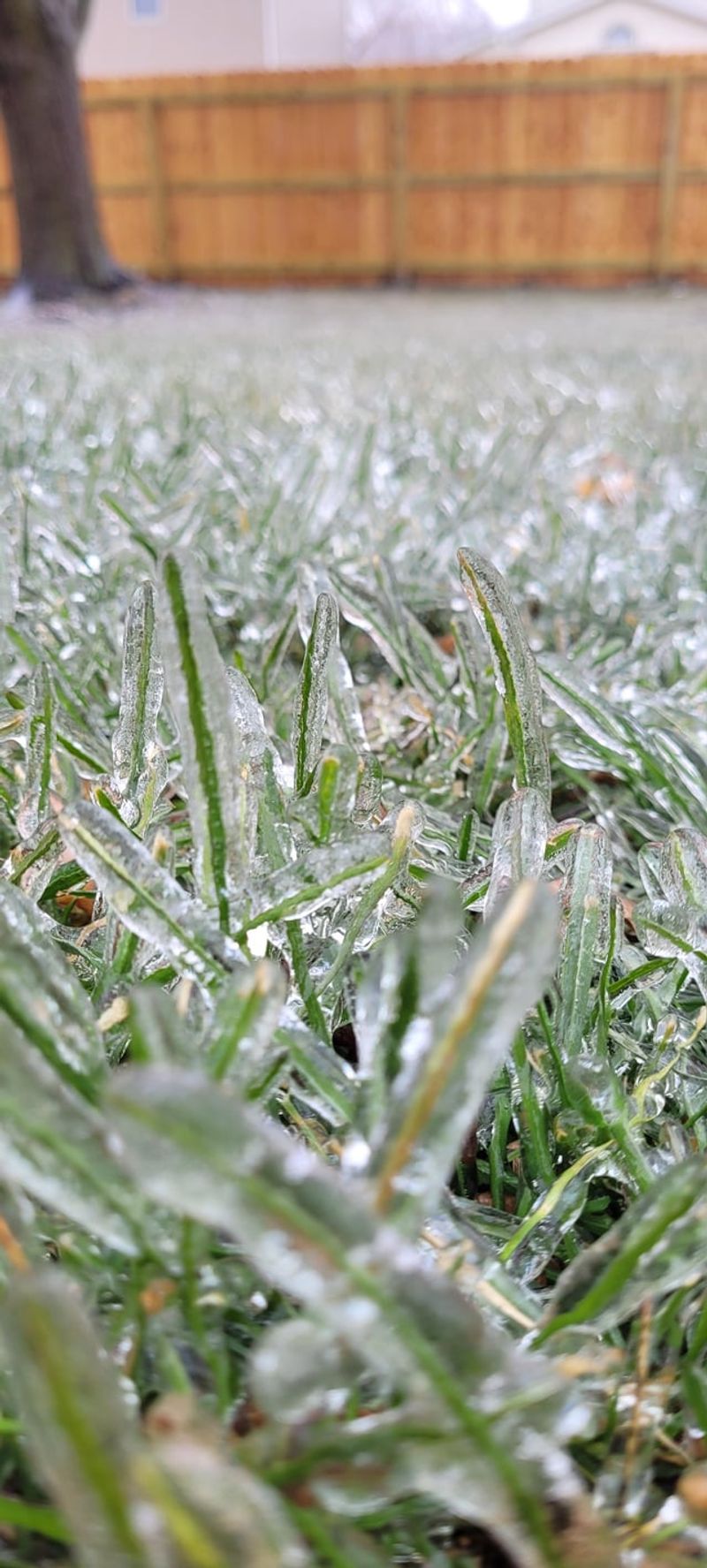
Grass blades become brittle and break easily when frozen, and the soil beneath compacts under foot traffic, damaging root systems. These injuries create dead spots and brown patches that become obvious once your Michigan lawn greens up in spring.
Create designated pathways using stepping stones or walkways to avoid crossing lawn areas during winter months. If you must traverse the grass, wait until snow has melted and the ground has thawed slightly.
Respecting your dormant turf during cold months ensures a lush, even lawn when the growing season begins again.
9. Keep Bird Feeders Stocked To Attract Beneficial Wildlife
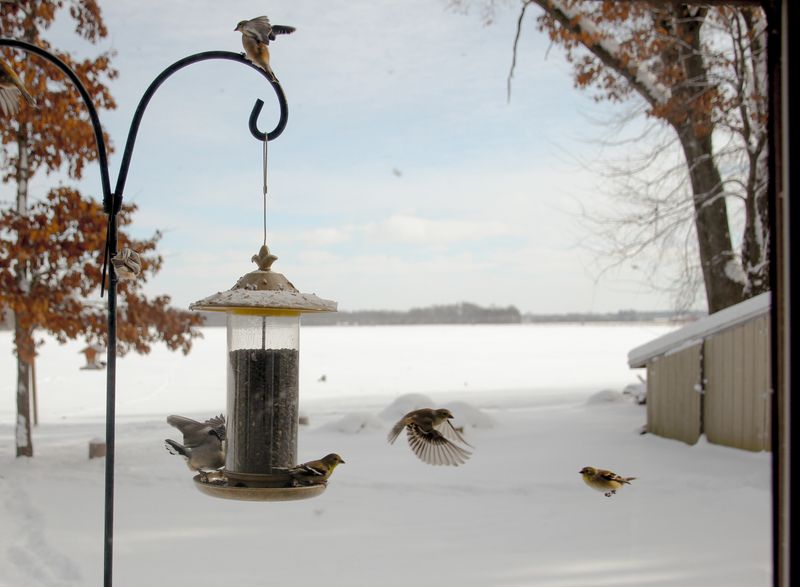
Birds that stick around Michigan through winter provide natural pest control by eating insect eggs, larvae, and overwintering pests hiding in your garden. Chickadees, nuthatches, and woodpeckers are particularly helpful at reducing populations of harmful bugs.
Keep feeders filled with high-quality seed, suet, and other bird-friendly foods throughout the cold months. Position feeders where you can enjoy watching your feathered helpers while they work.
This simple act supports local wildlife while giving your garden a head start against pest problems before spring planting begins.
10. Apply Salt Near Garden Beds And Plant Roots
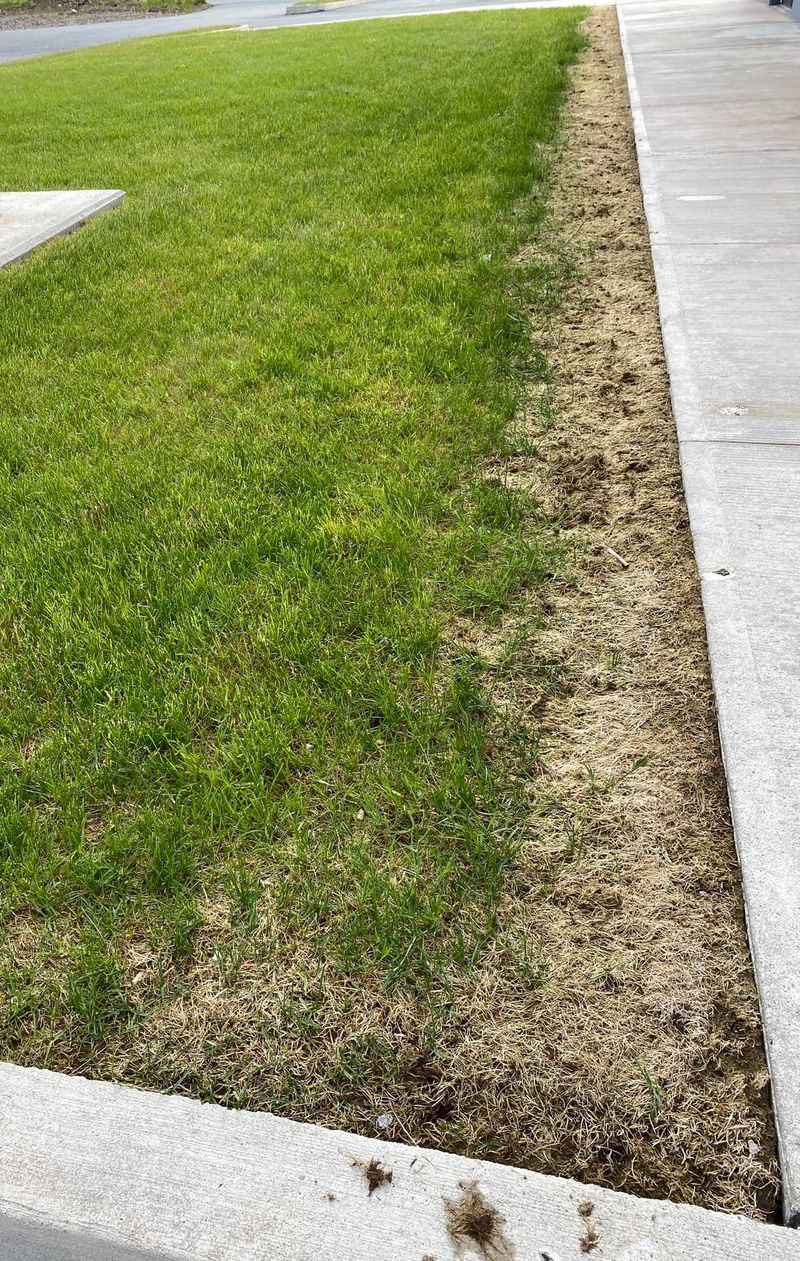
Rock salt and many commercial ice melts contain chemicals that damage or kill plants when they leach into soil near driveways, walkways, and garden beds. Michigan winters require ice control, but traditional salt creates long-term problems for your landscape.
Choose plant-safe alternatives like calcium magnesium acetate or sand for traction instead. Keep salt applications away from areas where runoff will carry it into planting beds or where tree roots extend under pavement.
Protecting your plants from salt damage now prevents brown foliage and dead spots that appear months later in spring.

